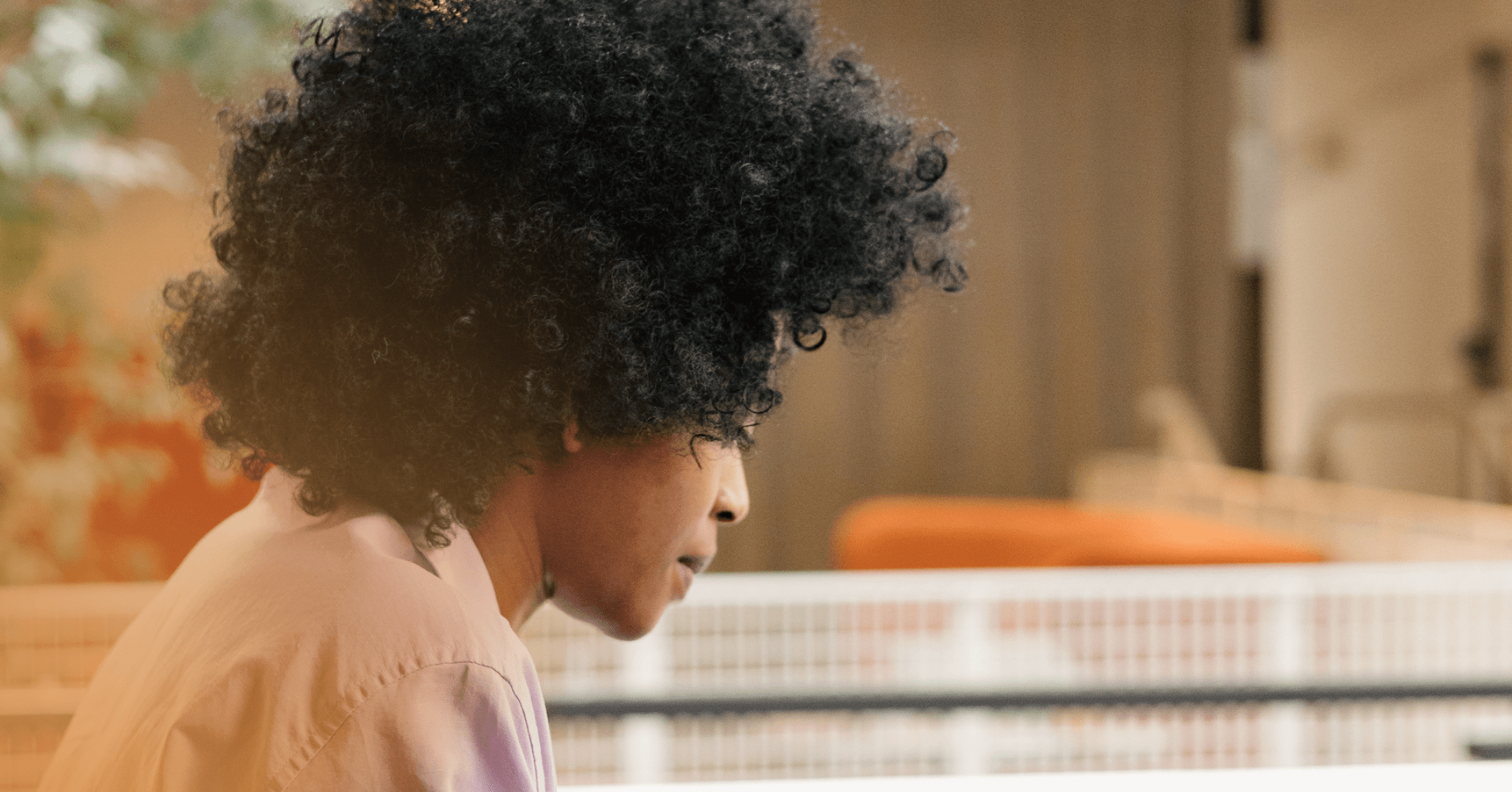The symptoms of social anxiety and OCD sometimes overlap. Both conditions can cause intense social fears and an avoidance of feared situations.
It’s possible to have co-occurring OCD and social anxiety, which can complicate treatment by requiring a more tailored and comprehensive approach.
It’s essential to get the right diagnosis to get the most effective treatment for each co-occurring condition.
If you go to great lengths to avoid social interactions, you might wonder if you have social anxiety disorder. Maybe you’ve also heard that people with obsessive-compulsive disorder (OCD) sometimes avoid certain situations, including social situations. So how can you tell if you have OCD, social anxiety, or both?
The symptoms of OCD and social anxiety disorder overlap in some ways. And it’s possible to have both. But they differ in important ways, including how they’re treated. It’s essential to understand the differences because treating OCD like social anxiety can make symptoms worse.
How to tell the difference between social anxiety and OCD
OCD and social anxiety are distinct conditions, but their symptoms can sometimes overlap. For example, both social anxiety and OCD can cause intense fears and anxiety after social interactions, as well as avoidance of social situations that could trigger these fears.
But it’s important to determine if you have OCD, social anxiety disorder, or both. That’s because these conditions are treated differently. The principal difference between OCD and social anxiety is that OCD is characterized not just by anxiety but by obsessions and compulsions.
Symptoms of OCD
To be diagnosed with OCD, you must experience both obsessions and compulsions.
Obsessions are intrusive and unwanted thoughts, images, sensations, or urges. They might cause feelings of fear, anxiety, disgust, or shame. These obsessions can focus on different things, but some common examples include germs or worries about hurting someone. Obsessions aren’t just anxious thoughts; they’re persistent, intrusive, and hard to shake off.
Many common obsession themes revolve around social relationships and interactions, but they’re different from social anxiety disorder. Some examples of thought patterns someone with OCD might have include:
Magical thinking OCD: “My lucky shirt was dirty today. What if I fail the test because I’m not wearing it?”
Sensorimotor OCD: “It feels weird to swallow right now. Why can’t I stop focusing on my swallowing? What if I have a horrible disease that makes it hard to swallow?”
False memory OCD: “How can I be 100% sure that I’m remembering that right? Maybe I called that girl a slur and just don’t remember.”
Harm OCD: “What if I suddenly become enraged and kill everyone on the bus?”
Relationship OCD: “What if I don’t actually love my partner? How can I be sure? What if I actually hate them?”
Compulsions are the second diagnostic criteria of OCD. Compulsions are repetitive or ritualistic behaviors that are intended to ward off the fear or shame that these obsessions bring. Avoiding triggering situations can be one type of compulsion, but it’s typically not the only one.
Other compulsions that relate to social situations include:
Mentally reviewing and checking memories of an event
Asking others for reassurance
Performing mental or physical rituals to ease anxiety, like counting or reciting prayers
Excessively apologizing or confessing for behaviors that may or may not have really happened
Checking and rechecking text messages before sending them
Symptoms of social anxiety disorder
People with social anxiety disorder don’t experience obsessions or compulsions. Instead, they experience anxious thoughts or chronic worries triggered by social situations. The diagnostic criteria of social anxiety disorder include:
Experiencing excessive fear about social situations in which you’re exposed to possible scrutiny or judgment by others; experiencing this fear every time you need to be in these situations
Avoiding the feared social situations (and, when avoidance isn’t possible, enduring the situation with intense distress)
Unlike people with OCD, people with social anxiety disorder don’t experience obsessions or compulsions. Anxious thoughts are disproportionate to the actual risk and irrational, but they’re more grounded in real-world concerns than OCD obsessions are.
For example, someone with social anxiety could have thoughts like:
“I didn’t contribute anything meaningful to that conversation. What if they think I’m dumb?”
“Can people notice that I’m sweating? They probably think I’m such a freak.”
“Are people staring at me? I’m probably not smiling enough, and they all think I’m so unfriendly.”
“If I go to the party, maybe I’ll be awkward and people will wish I hadn’t gone. I should just stay home.”
People with social anxiety disorder avoid feared social situations but don’t experience compulsions.
Dig deeper:
The care you need, when you need it
Learn how Rula can support your mental health journey
When OCD and social anxiety coexist
OCD and social anxiety are different conditions, but it’s possible to be diagnosed with both. One study found that 1 in 5 people with OCD also had symptoms of social anxiety disorder.
Living with both OCD and social anxiety can be even harder than living with either condition alone. Research has shown that people living with both of these conditions were more likely to also be depressed and have an insecure attachment style.
How to manage social anxiety and OCD
Managing both social anxiety and OCD can be challenging, but it’s not impossible. Both conditions are highly treatable, and, with the right support, you can learn to manage their symptoms and build a meaningful social life.
Coping with fears of social rejection
Both OCD and social anxiety disorder can come with social fears, ranging from concerns about social rejection to more severe fears, such as causing harm to others or being publicly humiliated. Getting treatment for the underlying mental health condition is the best way to learn how to cope with these fears. Each condition has its own method of treatment, and it’s important to get the right kind of care for your condition.
There are also some coping skills you can use to deal with these fears.
Don’t avoid social situations. Both social anxiety and OCD can lead to avoidance behaviors, but this often reinforce the fear. In OCD, avoidance is a compulsion. Understanding the symptoms of OCD can help you recognize how your condition impacts your behavior. In social anxiety, avoidance can rob you of the opportunity to gain social confidence and prove to yourself that your fears may not reflect reality. It can be helpful to start with smaller social gatherings with people close to you.
Try using logic if you don’t have OCD. If you live with social anxiety alone, the cognitive-behavioral method of reframing irrational thinking patterns may be helpful. For example, you can try looking for evidence that actually supports the truth of your fears and change them into more realistic and helpful statements. However, keep in mind that trying to “logic” your way out of fear doesn’t work for OCD and can even make it worse.
Don’t use alcohol or drugs to cope. You might feel like social events are easier when you can depend on drugs or alcohol. But in reality, using substances can make anxiety worse — especially in the long run.
Treating OCD and social anxiety disorders
If you live with OCD, social anxiety disorder, or both, it’s essential to get treatment. These conditions aren’t likely to go away on their own, and they may get worse if left unaddressed. Treating co-occurring conditions can be complex, but most people see improvement with the right diagnosis and approach.
However, the specific treatment strategies used in social anxiety and OCD can be very different in key ways. Some of the treatment methods for social anxiety (or any type of anxiety disorder) can make OCD worse.
Treatment for co-occurring social anxiety disorder and OCD: The most effective treatment for both OCD and social anxiety disorder is exposure therapy, a type of cognitive behavioral therapy (CBT). This type of treatment involves exposing yourself to your fears with the support of a mental healthcare provider. Eventually, you’ll learn how to confront and navigate your fears, and, if you have OCD, manage your compulsions.
Treatment for social anxiety disorder: The most effective treatment for social anxiety disorder involves developing coping strategies for social events. Your therapist will help you learn new strategies to use when you’re in social situations to decrease anxiety levels. They may also use other CBT methods, like helping you challenge and reframe anxious thoughts.
Treatment for OCD: The most effective treatment for OCD is a type of exposure therapy called exposure and response prevention (ERP). During ERP, your therapist will guide you to intentionally trigger OCD obsessions, and — a key part of treatment — resist the urge to perform compulsions. Non-ERP techniques, like talk therapy, are unhelpful for OCD and can make symptoms worse.
When treating patients with both OCD and social anxiety, I prioritize addressing the OCD symptoms first, as reducing those can help lessen their anxiety in social situations and improve their overall functioning.

Brandy Chalmers, LPC
Clinical reviewer
Find care with Rula
Even if you live with social anxiety or OCD (or both), it’s possible to build a fulfilling social life. Starting with the correct diagnosis is key, and working with a mental health provider can help you find the right treatment for your condition.
Rula has connected patients and therapists for millions of successful therapy sessions. Explore our network of thousands of licensed therapists with expertise in over 100 clinical specialties, including OCD and social anxiety disorder.
Rula's editorial process
Rula's editorial team is on a mission to make science-backed mental health insights accessible and practical for every person seeking to better understand or improve mental wellness.
Members of Rula’s clinical leadership team and other expert providers contribute to all published content, offering guidance on themes and insights based on their firsthand experience in the field. Every piece of content is thoroughly reviewed by a clinician before publishing.




